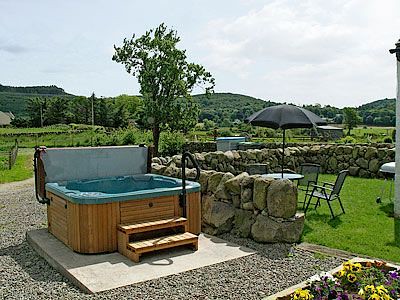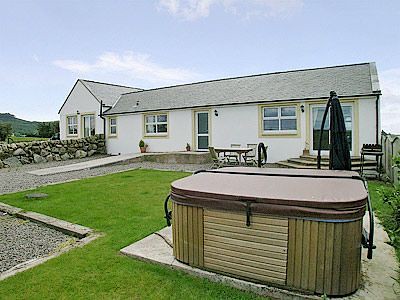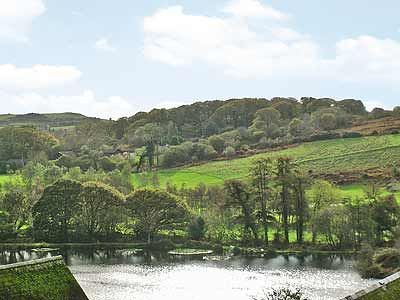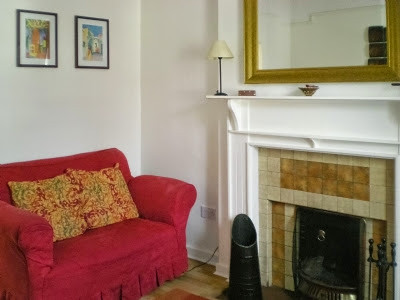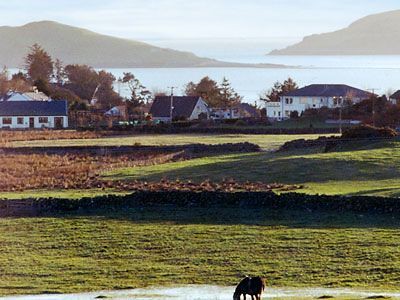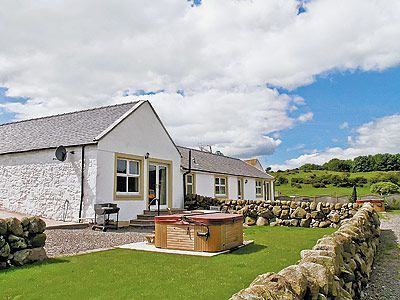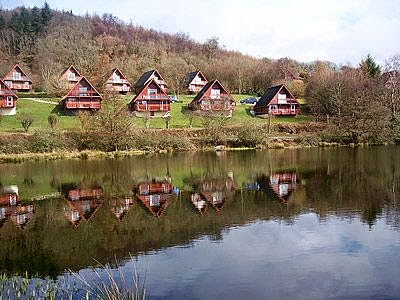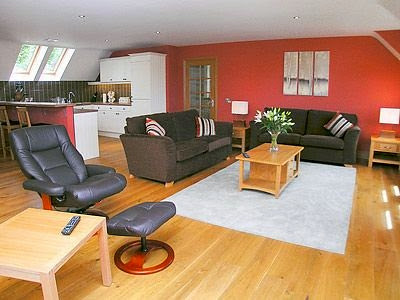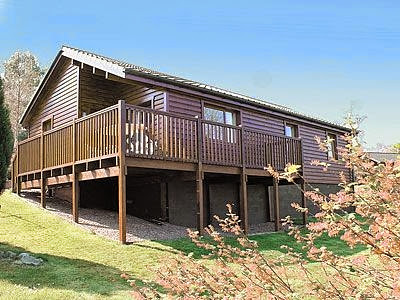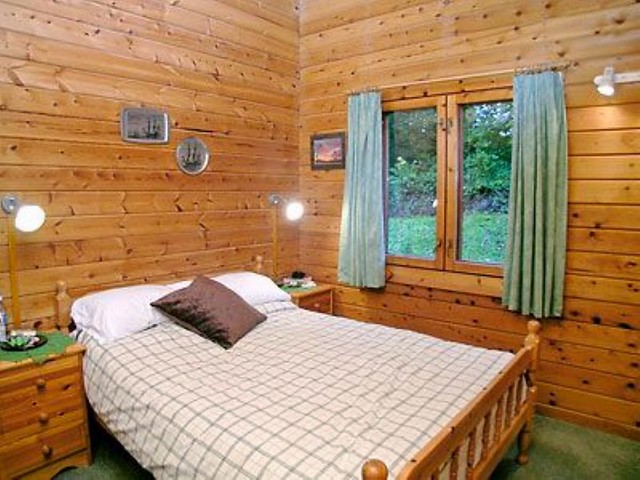Dalbeattie
The visitor guide on Dalbeattie in Aberdeenshire-Scotland,gives you all the information you require about the place, the history, hotels and Accommodation in Dalbeattie and Hotels In Aberdeen.
Dalbeattie in Scottish Gaelic is Dail Bheithe, which means the "Valley of the Birch Trees". It is a town in Dumfries and Galloway, formerly in Kirkcudbrightshire, Scotland. Dalbeattie is located in a wooded valley on the Urr Water five miles east of Castle Douglas. It is situated at the junction of A710, A711 and A745 roads, terminates a mile to the west at Buittle Bridge.
This town was formerly known for granite quarrying, this industry played a crucial role in the economy of the region, but the work now remains in the history books. Dalbeattie granite was used to build parts of Windsor Castle. The town is also famous for being the hometown of William McMaster Murdoch, the first officer of the RMS Titanic who died when the ship sank in 1912.
There are indications from Court Records that there was a settlement here as early as 1658 and a further mention in 1747, along with evidence from Presbytery records that there was a School Master in Dalbeattie in 1751. The formal beginnings of Dalbeattie were in 1781 when George Maxwell of Munches and Alexander Copeland of Kings grange, decided to encourage the development of the town by leasing their property. The Maxwells owned the land on the North side of the Burn and the Copelands owned the land on the South side.
The chunks of leased lands consist of individual pieces, which fronting a street with enough space to build a house and adequate space for growing vegetables and rearing chicken and pigs. Each feu also had the right to cut peat from Aucheninnes Moss. This was very important as fuel was scare in Galloway, coal was expensive and there were very few trees, unlike today. The feu duties brought in an income for the landowners and gave security for the tenants.
The changes attracted more people to the town and the building of the bridge over the River Urr at Craignair in 1797 increased the prominence of the town. The development and rapid expansion of the Granite Industry in Dalbeattie attracted more people to settle in the town. By 1810 work in the quarries increased and over the next 30 years many traders settled and founded businesses in Dalbeattie. The Harbour, The Dub O Hass, was flourishing, and Carswells Grain Mill and Biggars Manure Mill both started trading.
Region
Dumfries & GallowayTravel Directions to Dalbeattie
Dalbeattie Hotels & Accommodation
Accommodation in Dalbeattie offers many choices for the visitors. The accommodation facilities include hotels, holiday cottages and bed and breakfast with a wide range of comfort facilities, which when blend together with the serene beauty of Dalbeattie and the surrounding areas will offer you a pleasant holiday stay.




